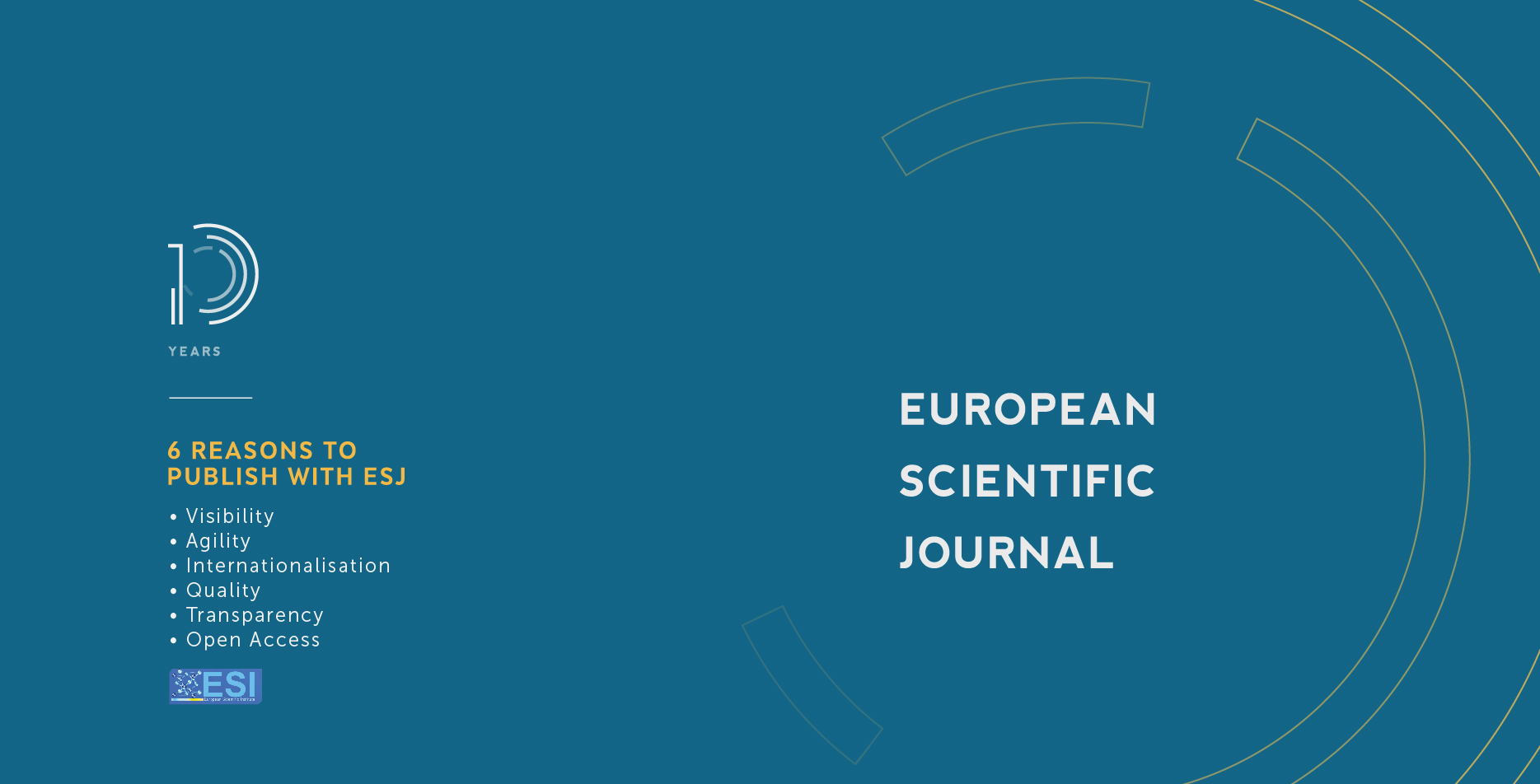Krylov Methods for Large Sparse Systems: A Comprehensive Overview
Abstract
In this paper are analyzed behavior and properties for different Krylov methods applied in different categories of problems. These categories often include PDEs, econometrics and network models, which are represented by large sparse systems. For our empirical analysis are taken into consideration size, the density of non-zero elements, symmetry/un-symmetry, eigenvalue distribution, also well/ill-conditioned and random systems. Convergence, approximation error and residuals are compared for the full version of methods, some restarted methods and preconditioned methods. Two preconditioners are considered respectively, ILU(0) and IC(0) by using at least five preconditioning techniques. In each case, empirical results show which technique is best to use based on properties of the system and are backed up by general theoretical information already found on Krylov space methods.
Downloads
PlumX Statistics
Copyright (c) 2021 Amanda Zeqiri, Arben Malko

This work is licensed under a Creative Commons Attribution-NonCommercial-NoDerivatives 4.0 International License.








